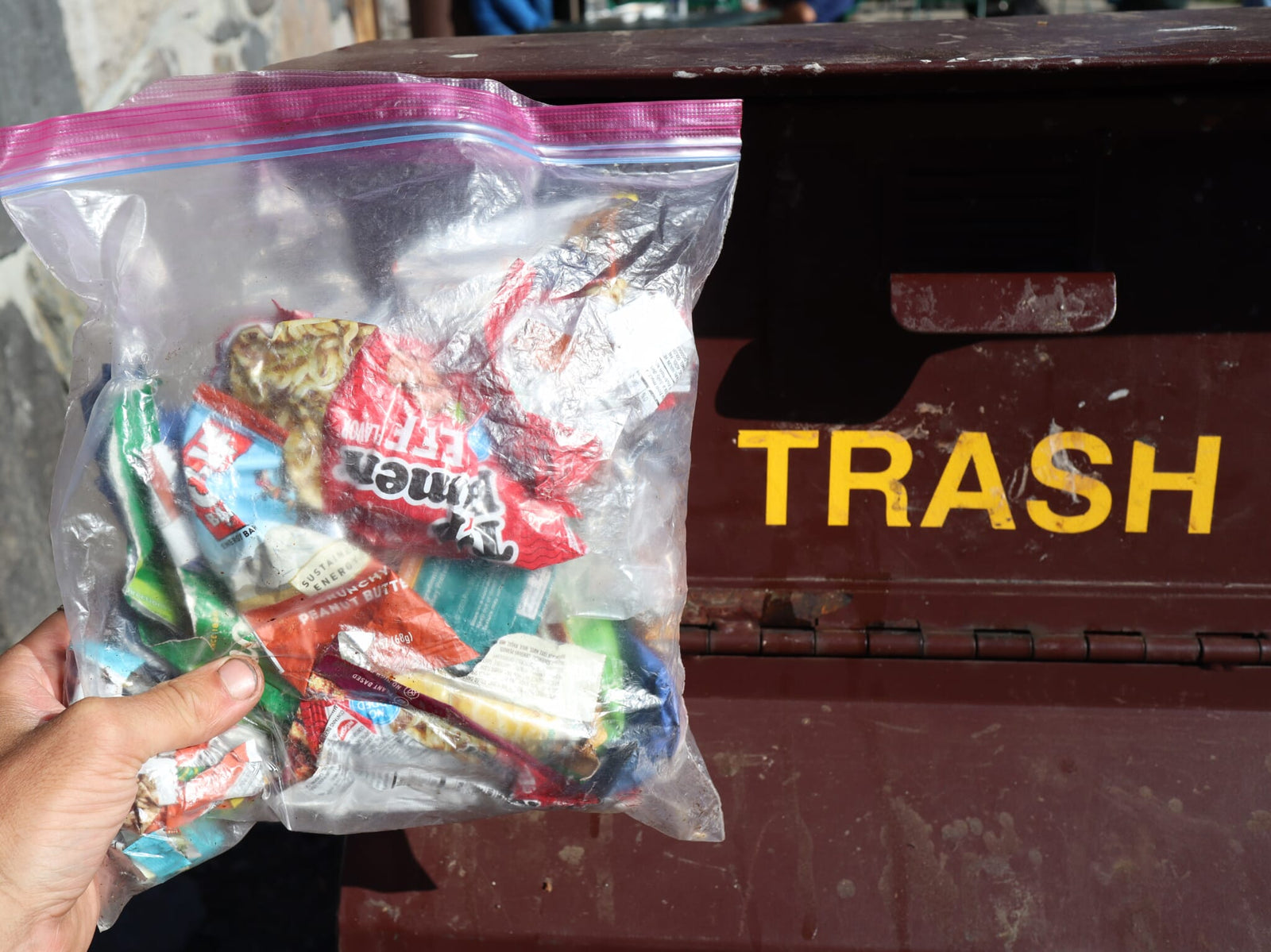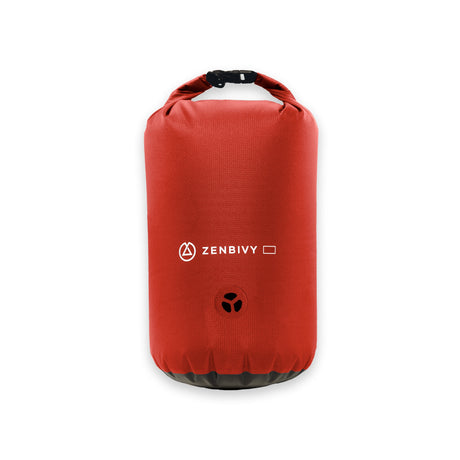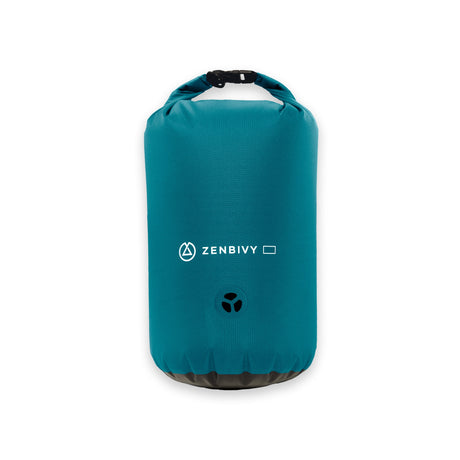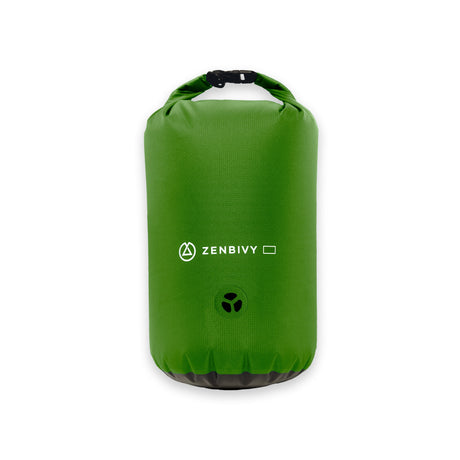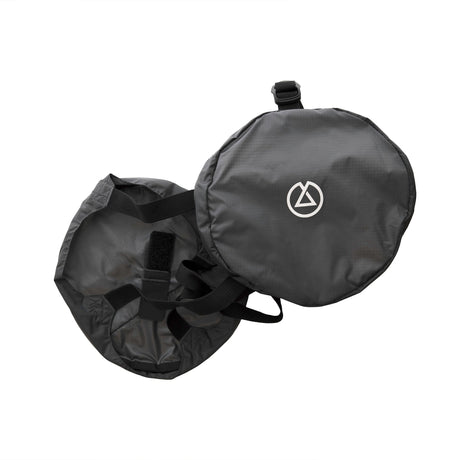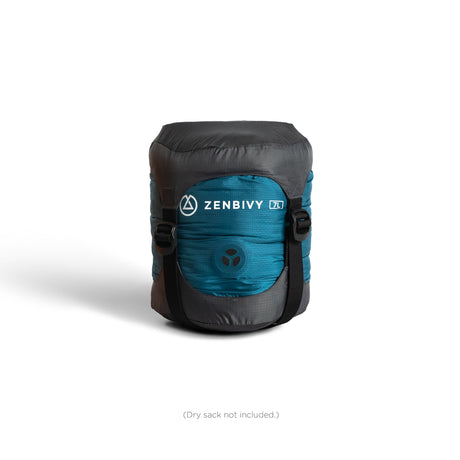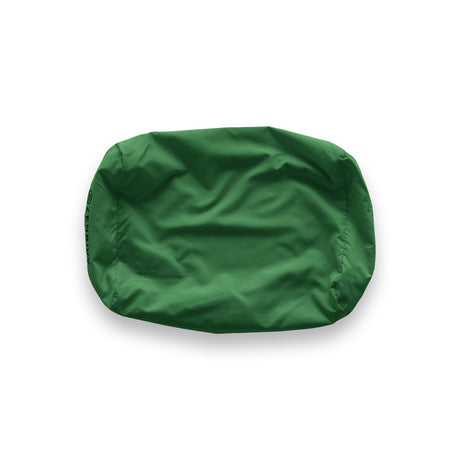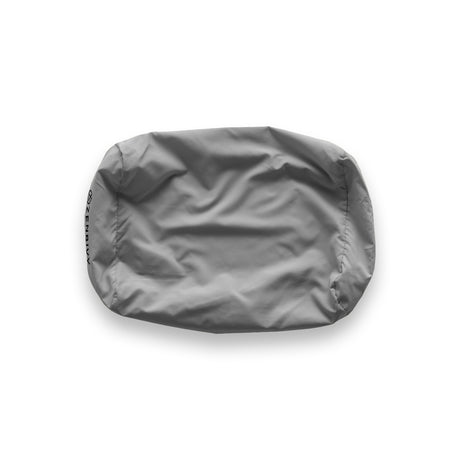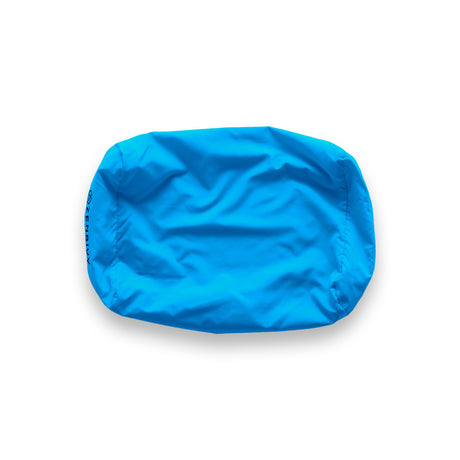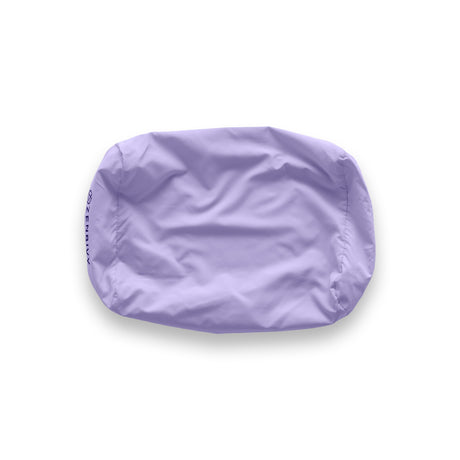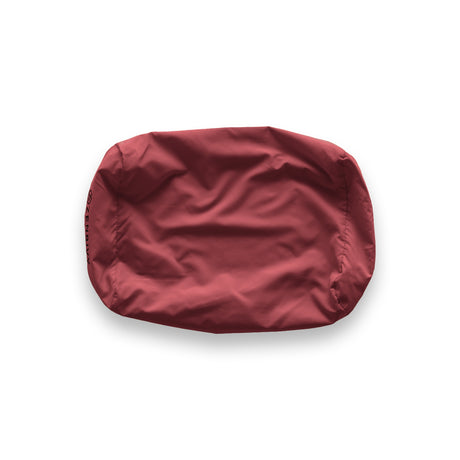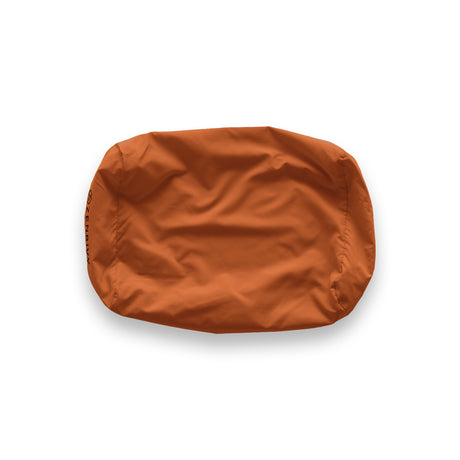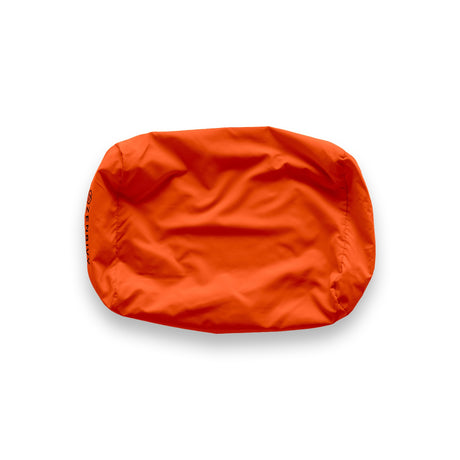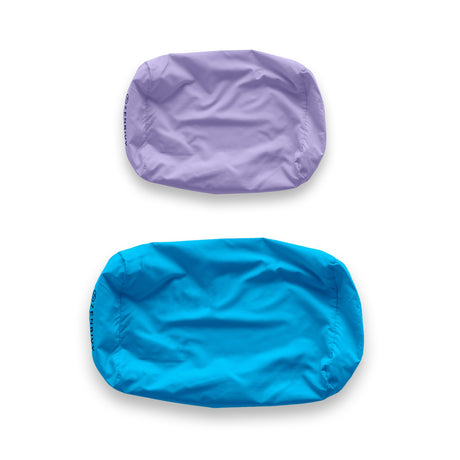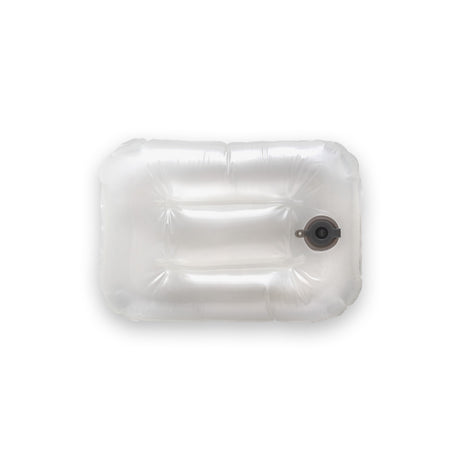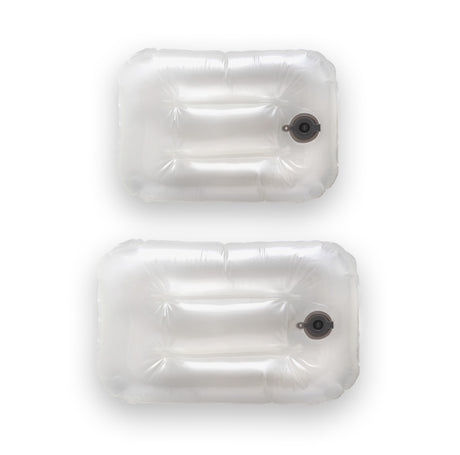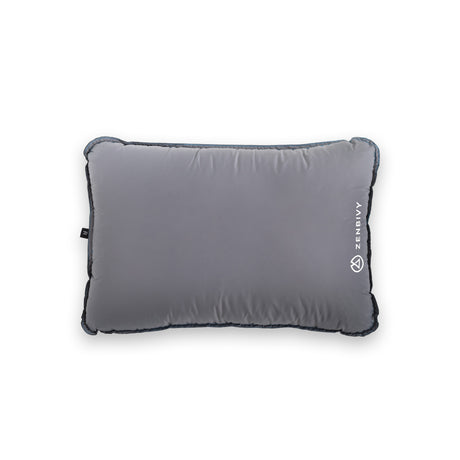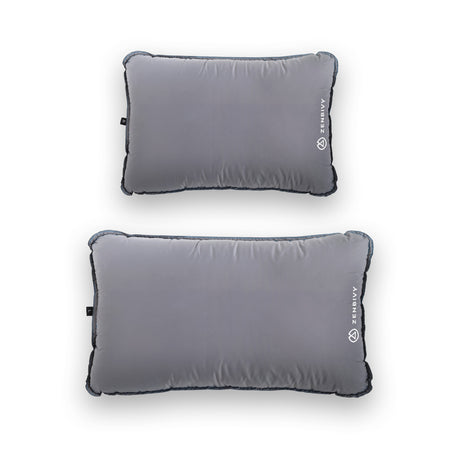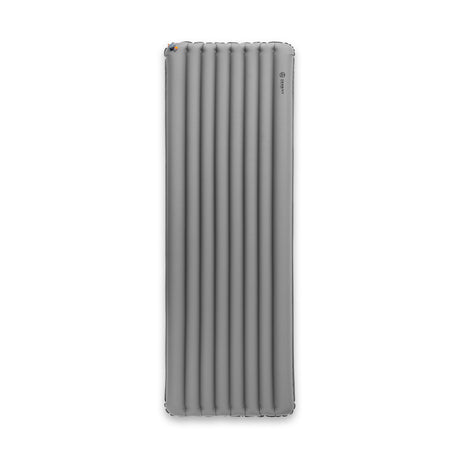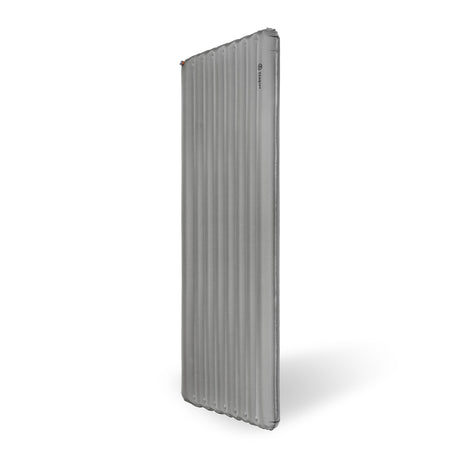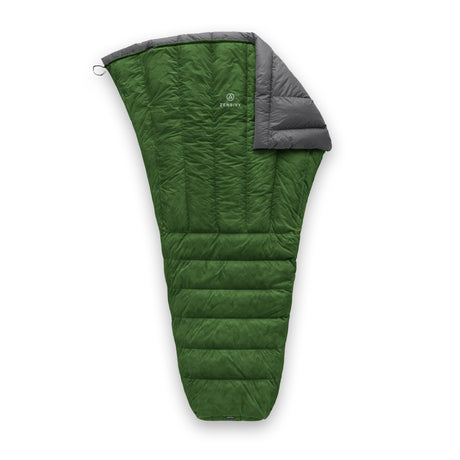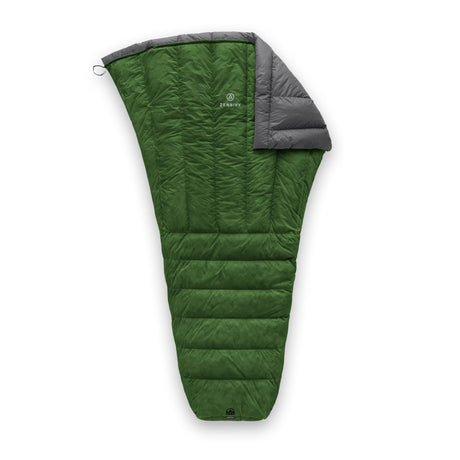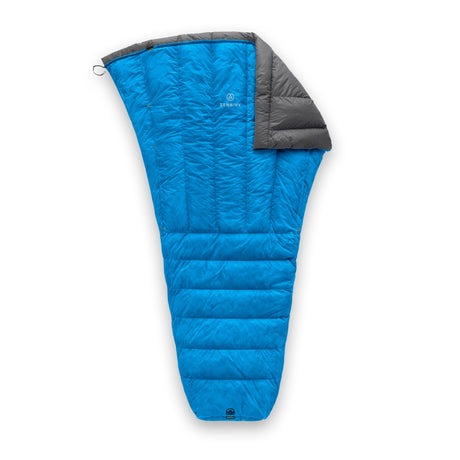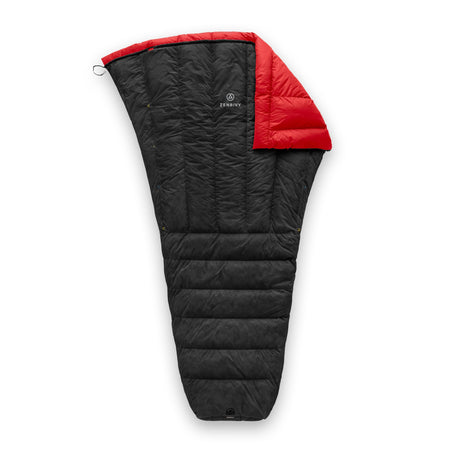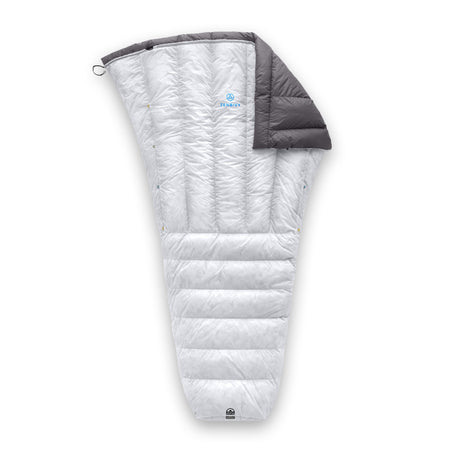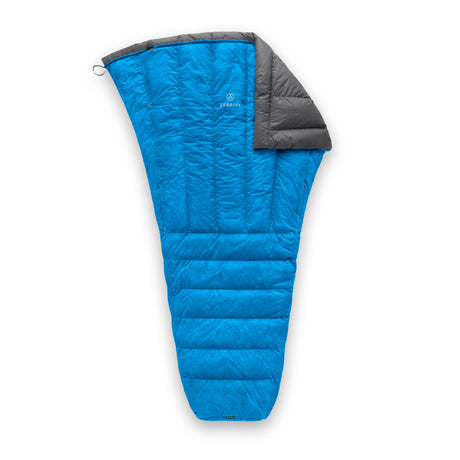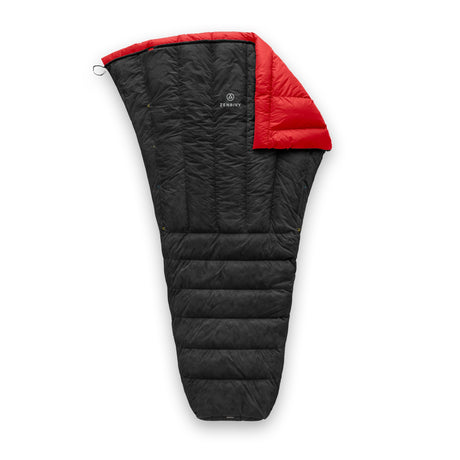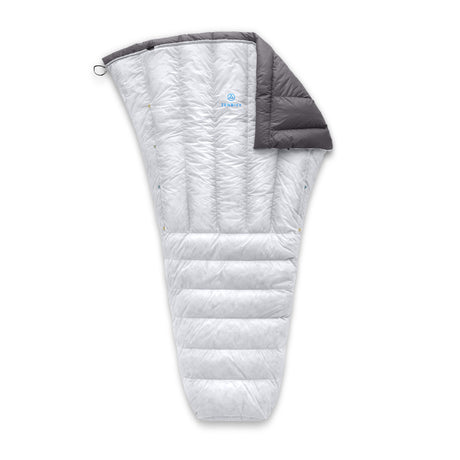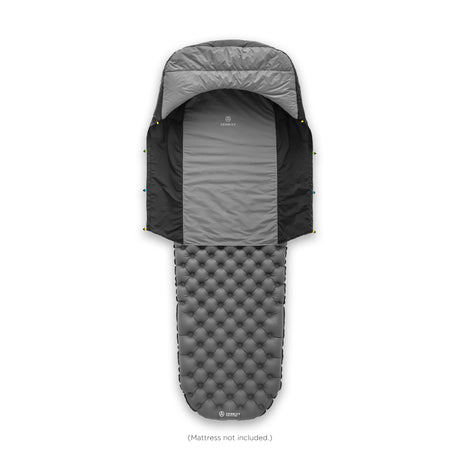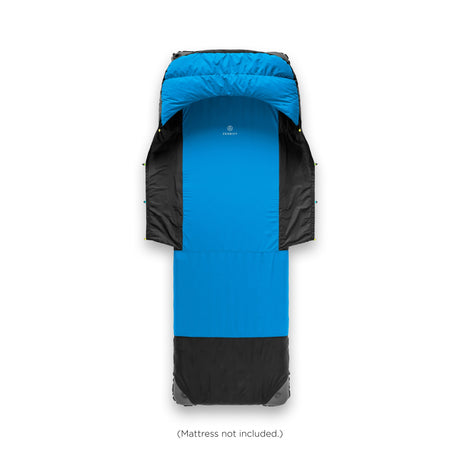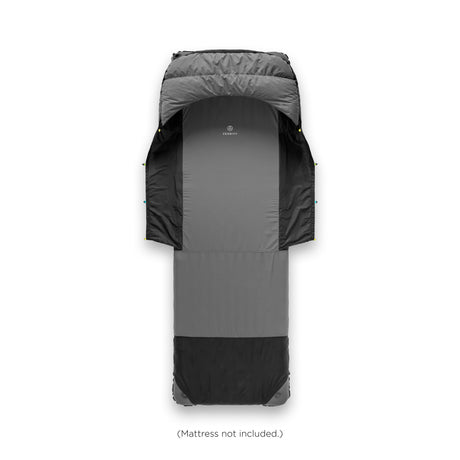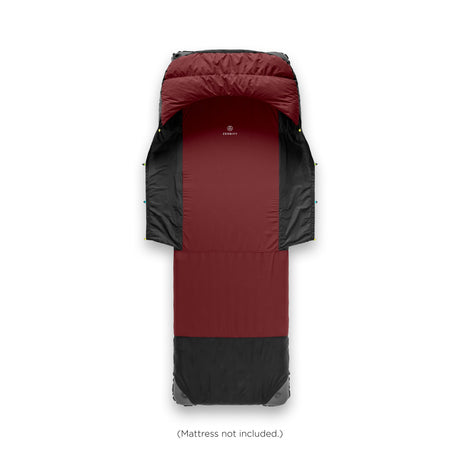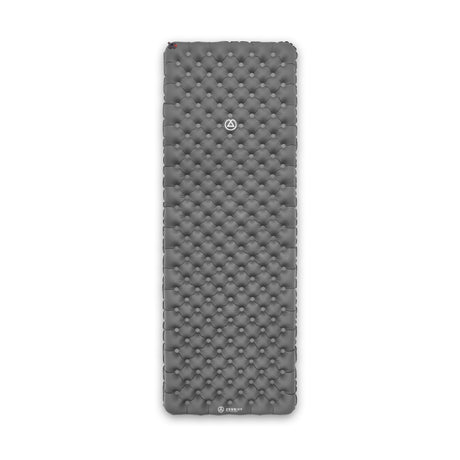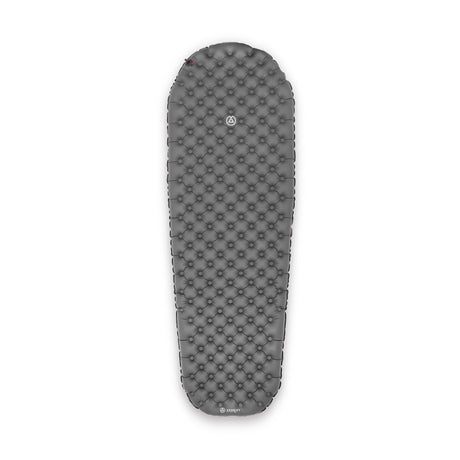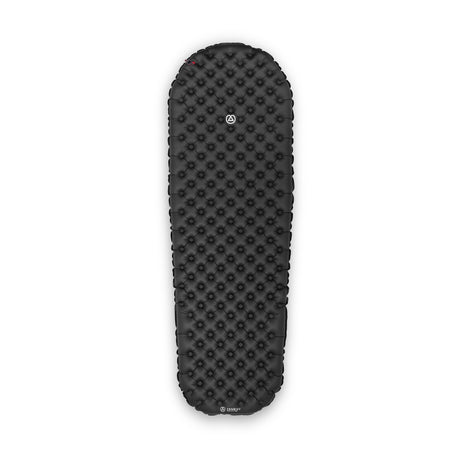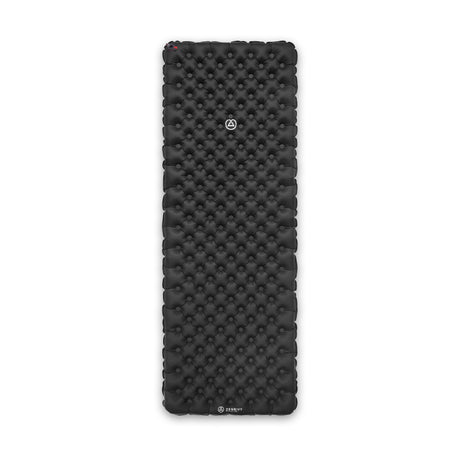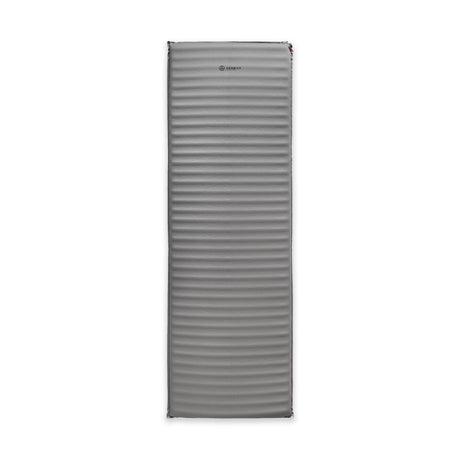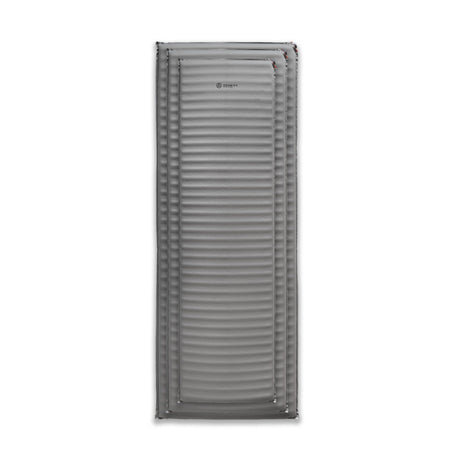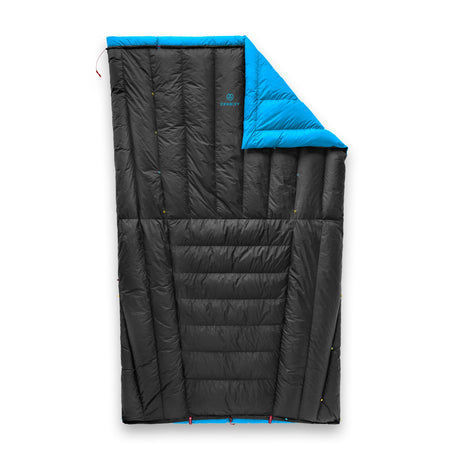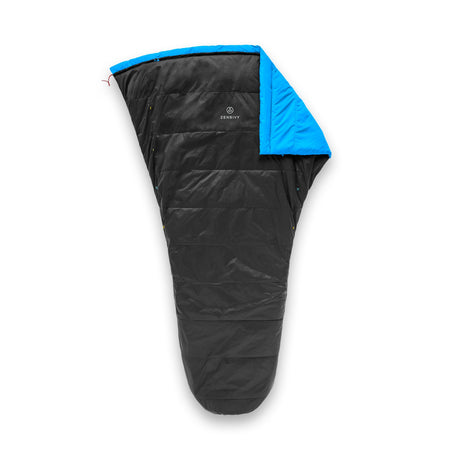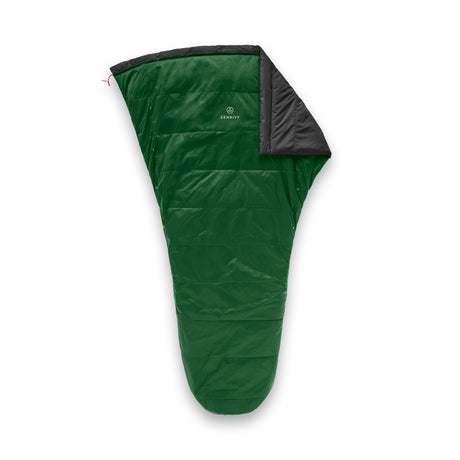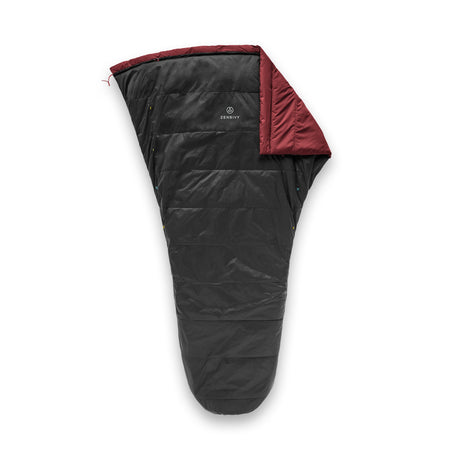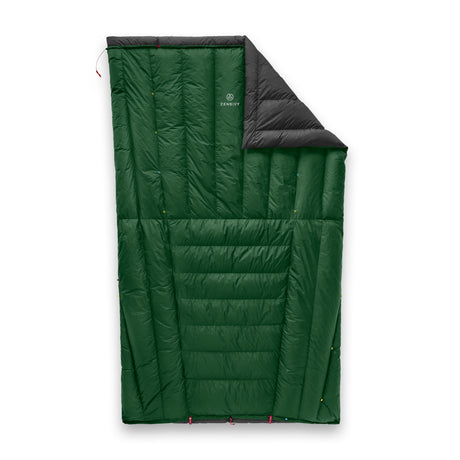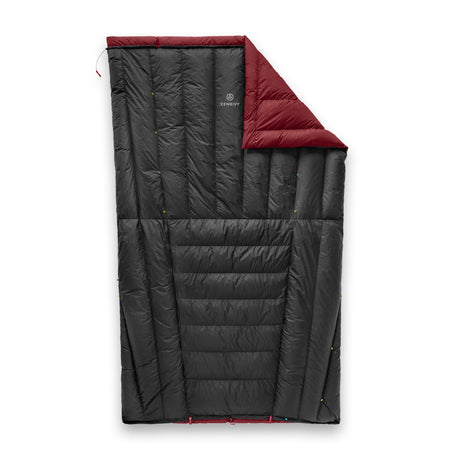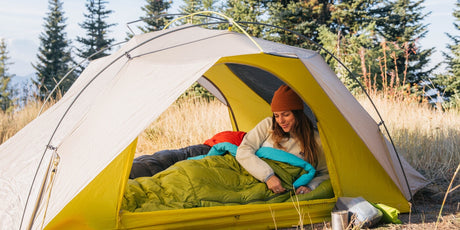From food wrappers to water bottles, take-out containers and utensils, single-use plastics are everywhere in our day to day lives.... Turns out: you can't even escape them out in the wilderness. While thru-hikers are typically living for months with a much smaller environmental footprint than the average American, we wanted to challenge our Ambassadors to see if they could try to eliminate all single-use plastics from their thru-hikes. We knew it wouldn't be easy (or really even possible) but we were curious to see how they'd do and to share what they learned.
We started off by asking them to identify all of the single use plastics they are currently using on their hikes. The common culprits? Water bottles, ziplock baggies, and food wrappers. Next, we asked them to find a potential replacement for each item. Something that would be multi-use and durable, built to last. We supplied their replacement items and they tested them out on trail for a month. Here's what they found:
What items were you not able to replace and why?
"I was not able to replace all the ziplocks. We use ziplocks for nearly anything and everything. We use it to store our food, electronics, our trash and sometimes extra clothes if you want them to be water proofed. I was able to replace most ziplocks, but when I came to my trash bag I've continued to use a ziplock bag. The stench that can sometimes accumulate in these trash ziplocks is a bit too much to remove without a dishwasher readily available. So instead of ruining one of these reusable gallon sized ziplocks I've opted to remain with a regular ziplock. Another item I was unable to replace was the waste from the wrappings and boxes after a resupply. It can be quite substantial at times. We don't have access to a Whole Foods or a Co Op where it may be easier to reduce the amount of waste when purchasing groceries."
- Journey Man (PCT)

"I do use zip top baggies for my food, but I prepackaged all of my resupply boxes before starting my hike so there was no way to replace those. Food packaging is a major source of waste on trail and is difficult to eliminate. I did my best to avoid a lot of this single-use packaging by buying my meal ingredients from bulk bins and my snacks from bulk stores like Costco, trying to avoid individually-wrapped items. I definitely would have been interested in trying some of the biodegradable packaging options out there if I had had the option when packing my meals. As it is, I do reuse as many of the bags as possible while on trail, and if I do have to resupply on trail (no box), I will try to buy in bulk and portion/build meals using the bags from previous meals as best I can."
- Scribe (CDT)
What replacements were better than what you were using before?
" The first item I was immediately satisfied with (surprising so, I might add) was my switch to an insulated water bottle. The extra weight/size when compared to the Smartwater bottle (popular among thru hikers) I was using, I assumed, would be annoying. However, the first time I hiked out of town with hot cup of coffee and it was still hot when I hit the first viewpoint of the day was an huge moral booster (I am a stove-less hiker so I rarely have hot beverages in the backcountry) Regular water carries also were a treat as the fresh spring water would often still be cold when I reached camp for the evening. Doesn’t hurt to pour a few tall boys into it while leaving a gas station and be the shelter hero at the end of the day either."
- Snackbar (AT)

"The replacement for the pack liner was better than before. The 35L sea to summit lightweight dry bag has been very convenient in multiple ways. I can pack my sleeping system in it more efficiently than before. The Bite [toothpaste] tablets were another great replacement. After taking the tablets out of their glass jar they didn't weigh much either."
- Journey Man (PCT)

What replacements were worse than before?
"The water bottle was a bit worse than before. A few main issues I have with this switch were it's harder to reach while walking, it's not a full liter, and I can't see how much water is left in the bottle. I use to be able to calculate it out in my head pretty well when and where I was going to filter water next, but not being able to see how much water I have and it not being a full liter makes it a bit trickier. Do I fill up now or at the water source in 5 miles? It seems like an odd thing to worry about, but if we stopped at every water source to filter water we would never get to camp! I'm okay with the switch, it's just taking some getting use to. I might carry both a Smartwater bottle and the sports bottle just to have more carrying capacity and spend less time stopping to filter because I'll have enough water for longer stretches."
- Journey Man (PCT)
"I got an Evernew 2L bag for water carry capacity, dirty water collection and water filtration. My Sawyer threads perfectly onto it but it was difficult to hold/squeeze and was absolutely unruly during most of the filtration phase. This could be that I am just very set in my ways/process, but I made a watery mess enough times to be thoroughly frustrated with it. I also found that it was difficult to fill in bodies of water, like a pond or river, because the pressure on the water on the sides of the bag kept it collapsed. If I used a scoop or if the water came from a piped spring or cascade, it easily filled.
I also got a soft-sided 1L Nalgene bottle with a narrow mouth for my clean/drinking water. It turned out to be easy to filter into since its wide base made it very stable and less likely to tip over or spill than my Smart bottles. I had hoped that the narrow mouth would be easy to drink from, but it was still too wide and I ended up dribbling/splashing water pretty regularly and always needed two hands to open/close the top. My .75L Smart bottle is tall and narrow, fitting easily in the side pocket of my pack (an Osprey) and sliding without fuss in and out of the front opening of these side pockets for quick access while hiking. The Nalgene fit inside the pocket very securely, but there was no way I could put it away while the pack was on my back."
- Scribe (CDT)

Parting thoughts on this challenge?
"Overall I had a very easy time transitioning into the more sustainable options. They come at a price tag but there are calculable positive reasons for making the switch both in your personal backpacking setup as well as the backpacking community as a whole. At the end of the day, get outside and enjoy the backcountry with what you have and what you can afford. If you can afford to make more conscious decisions related to your gear. Give it a go."
- Snackbar (AT)
"One thing I have noticed is how much waste we create everytime we resupply and over the course of the days we are eating our food and the wrapping they come in adds up fairly quickly. It's a shame that we can't find better ways to package the food we need for resupply or be able to find more grocery stores with healthier and more eco friendly options."
- Journey Man (PCT)
"Overall, I liked these individual products but they just did not meet my needs on trail the way that the Smartwater bottles do. Perhaps with some more time and research, I would be able to find reusable items that do meet my needs, but for now I am sticking with the Smartwater bottles. Next time I hike, I am interested in finding a way to eliminate the zip top bags and doing more research to find the right product to meet my needs for water carry and filtration. This was an interesting assignment and I am glad to have had the opportunity to try these products! I think we should all continue to look for ways to reduce waste and consumption, eliminate unnecessary packaging and redundancy, and keep trying new things. Thanks for pushing me, Zenbivy!"
- Scribe (CDT)
Read each hiker's full blog post on the topic — Journey Man | Scribe | Snackbar

